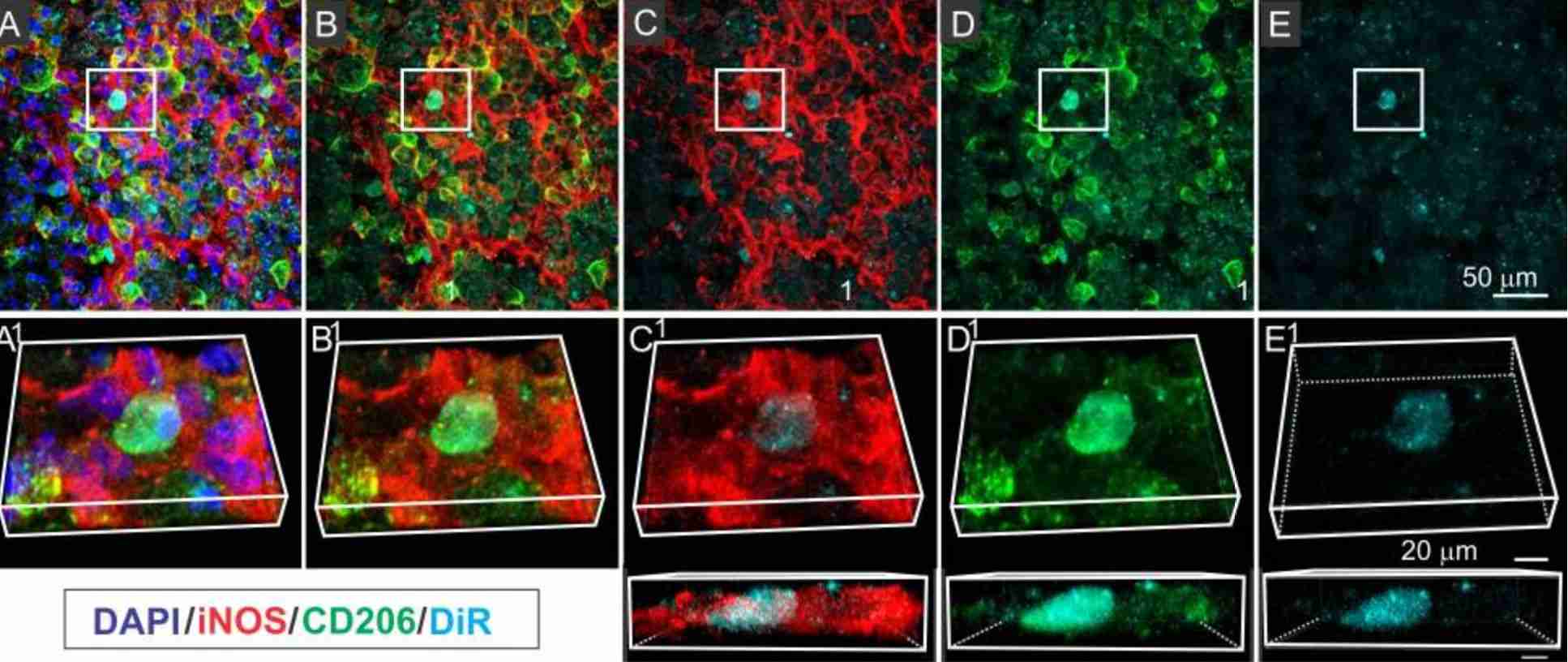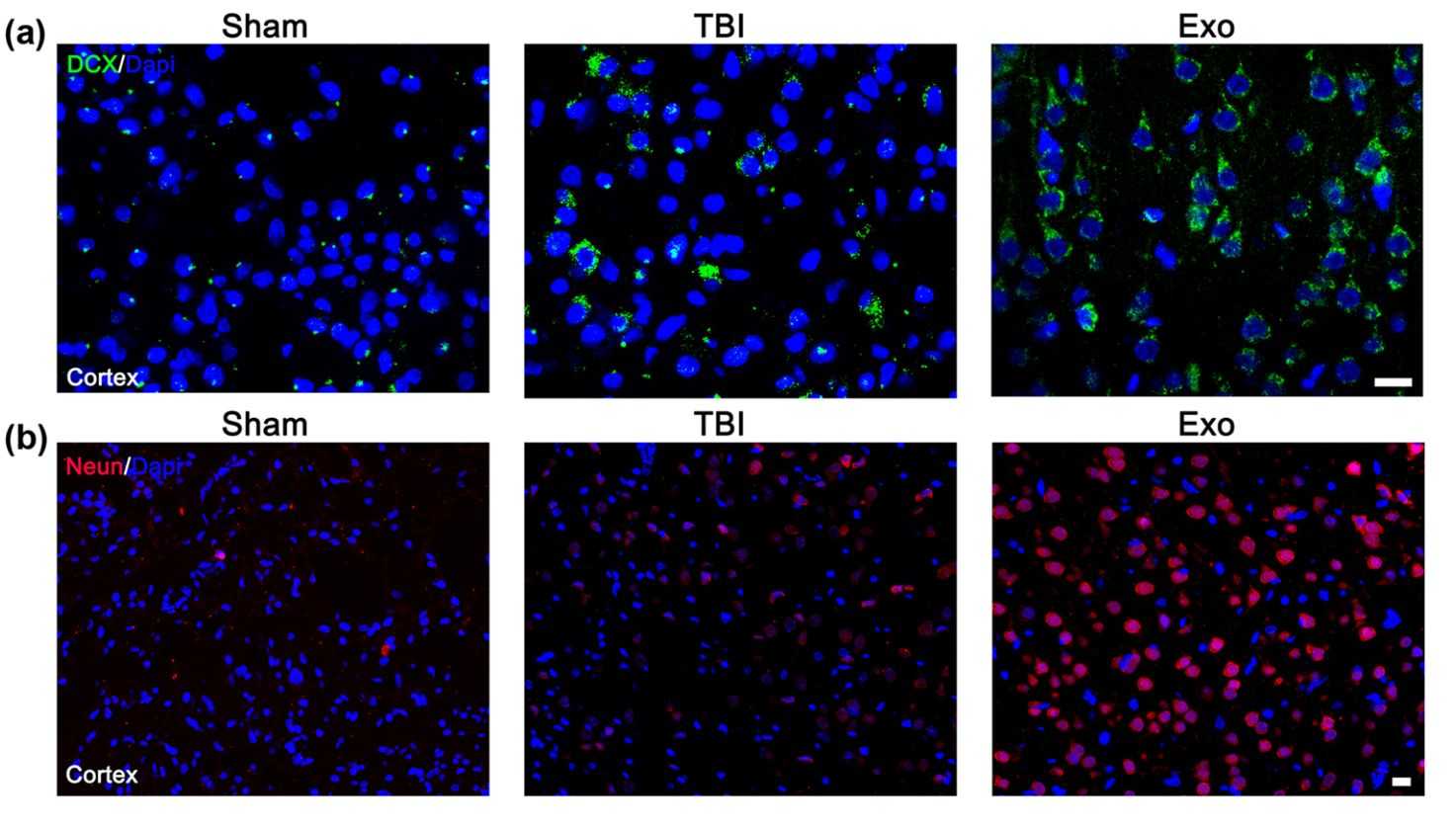Exosome Intravenous Infusion
Exosomes are natural nanoparticles containing biologically active molecules, which are important mediators of intercellular communication and can be used for therapeutic purposes through various bioengineering approaches. In addition to isolating, characterizing, and engineering exosomes, choosing the appropriate route of administration and dosage is an important parameter for achieving the clinical relevance of exosomes. Currently, intravenous (IV) infusion is the most common mode of exosome administration.
What is Exosome IV Therapy?
In recent years, exosomes have made breakthroughs in regenerative medicine, including exosome IV therapy. Exosome IV therapy is a cell-free treatment that has gained attention for its potential to enhance healing, reduce inflammation, and support cellular communication, making it a safe and effective health solution. This innovative therapy, which introduces concentrated exosomes directly into the bloodstream via IV infusion, accelerates the body's natural healing process and promotes recovery from various diseases and injuries.
Exosome IV therapy can be used to treat a range of health problems, including:
- Chronic pain
- Skin regeneration
- Musculoskeletal injuries
- Nervous system disorders
- Osteoarthritis
- Immune system disorders
How Exosome IV Infusion Works?
After IV infusion, exosomes enter the bloodstream and circulate throughout the body before penetrating tissues through capillaries. These vesicles target damaged or dysfunctional cells, transporting proteins, nucleic acids, and other bioactive molecules. Exosomes interact with leukocytes and endothelial cells near the vessel walls, and most circulate with red blood cells and are cleared by the liver and spleen. This targeted delivery allows affected cells to repair themselves and return to normal function, ultimately improving overall tissue health and promoting the body's natural healing response.
Applications of Exosome IV Infusion
Exosome IV infusion has health-improving effects in clinical trials and real-world applications, including:
Tissue Regeneration - Exosome IV therapy promotes tissue regeneration, including musculoskeletal disorders and tissue injury. Growth factors, cytokines, or medications are infused through Exosome IV infusion to support the body's natural healing process and accelerate tissue repair.
Skin Care - Exosome IV therapy improves skin health by boosting collagen production and reducing inflammation, including wrinkle reduction, skin lightening, and blemish reduction to improve overall skin appearance.
Reducing Inflammation - Exosome IV therapy can effectively reduce inflammation by targeting the underlying cause or suppressing immune system overreaction. Therefore, exosomes can be used to treat diseases associated with chronic inflammation.
Enhance Cognitive Function - Exosome IV therapy can be used to improve neurodegenerative diseases or cognitive decline, enhance neuronal function, and improve sensitivity, thereby improving cognitive ability.
Enhance Immune Ability - Exosome IV therapy can support the body's immune system by promoting the production of immune cells. This immune-enhancing effect can help patients recover faster from illness and maintain optimal health.
Cases of Exosome IV Infusion
IV infusion of bone marrow mesenchymal stem cells (MSC) improves functional recovery after contusion spinal cord injury (SCI). Scientists assessed the possible action mechanism of MSC exosomes (MSC-Exos) in SCI by studying the tissue distribution and cellular targeting of IV-infused MSC-Exos in SCI rats. The results showed that IV-infused MSC-Exos was detected in the region of spinal cord contusion, and MSC-Exos specifically targeted M2-type macrophages at the site of spinal cord injury. This supports the idea that exosomes released by IV-infused MSC could mediate the therapeutic effects of MSC.
 Figure 1. IV infused DiR labeled MSCexos localize with CD206+ Type M2 macrophages. (Lankford KL, et al., 2018)
Figure 1. IV infused DiR labeled MSCexos localize with CD206+ Type M2 macrophages. (Lankford KL, et al., 2018)
Traumatic brain injury (TBI) is a leading cause of death and permanent disability. Human umbilical cord mesenchymal stem cells (HUCMSC) can improve neurological repair after TBI. It is found that IV infusion of HUCMSC-derived exosomes improves sensorimotor function in rats after TBI. In addition, HUCMSC-derived exosomes reduced inflammation and promoted neuronal regeneration by inhibiting the NF-κB signaling pathway and thereby reducing the expression of pro-inflammatory cytokines. These results suggest that IV infusion of HUCMSC-derived exosomes may be a promising therapeutic strategy for TBI.
 Figure 2. IV-infused HUCMSCs-derived exosomes promote neuronal regeneration after TBI in rats. (Zhang ZW, et al., 2022)
Figure 2. IV-infused HUCMSCs-derived exosomes promote neuronal regeneration after TBI in rats. (Zhang ZW, et al., 2022)
Exosome IV infusion is the most widely used and convenient drug delivery modality with low immunogenicity and rapid drug efficacy. Engineered exosomes by IV infusion enable targeted delivery to tumors and neurodegenerative diseases. Creative Biostructure specializes in providing efficient exosome services including exosome isolation, characterization, analysis, targeted modification, and functional studies, and high-quality exosome products to advance clients' research in the field of exosomes. Please feel free to contact us for more detailed information.
References
- Lankford KL, et al. Intravenously delivered mesenchymal stem cell-derived exosomes target M2-type macrophages in the injured spinal cord. PLoS One. 2018. 13(1): e0190358.
- Zhang ZW, et al. Intravenous infusion of the exosomes derived from human umbilical cord mesenchymal stem cells enhance neurological recovery after traumatic brain injury via suppressing the NF-κB pathway. Open Life Sci. 2022. 17(1): 189-201.